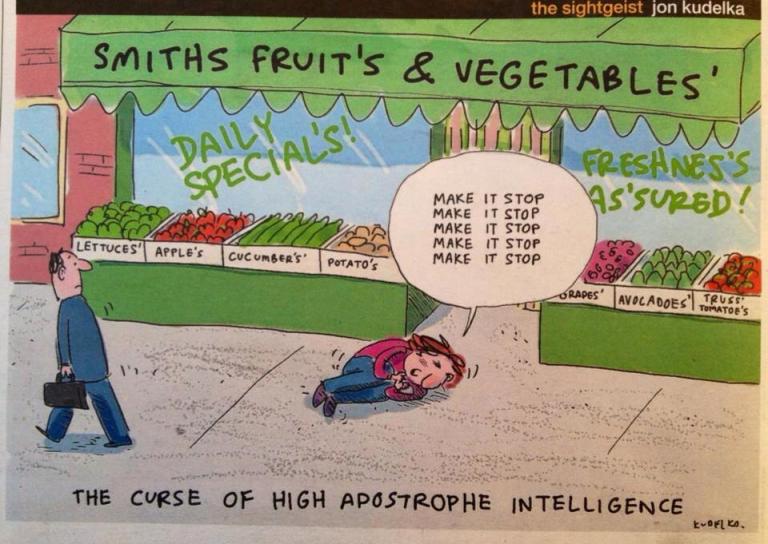He is the way
Well-Known Member
- Apr 17, 2018
- 8,103
- 359
- Country
- United States
- Gender
- Male
- Faith
- Marital Status
- Married
Most correct is not the same as correct. A person in a crowd that is labeled most correct still may not be correct.Definition of correct (Entry 1 of 2)
transitive verb
1a: to make or set right : AMEND
correct an error
The editor corrected the author's manuscript.
b: COUNTERACT, NEUTRALIZE
correct a harmful tendency
c: to alter or adjust so as to bring to some standard or required condition
correct a lens for spherical aberration
She's having surgery to correct her vision.
2a: to discipline or punish (someone) for some fault or lapse
… I was most rude then. Only a small boy, Sir, and I was corrected for it, I assure you, by my father …
— Rex Ingamells
b: to point out usually for amendment the errors or faults of
spent the day correcting tests
correct adjective
Definition of correct (Entry 2 of 2)
1: conforming to an approved or conventional standard
correct behavior
2: conforming to or agreeing with fact, logic, or known truth
a correct response
3: conforming to a set figure
enclosed the correct return postage
4: conforming to the strict requirements of a specific ideology or set of beliefs or values
environmentally correct
spiritually correct
Definition of CORRECT
Synonyms & Antonyms of correct (Entry 1 of 2)
1being in agreement with the truth or a fact or a standard
a real brainteaser with only one correct solution to it
Synonyms for correct
accurate, bang on [chiefly British], dead-on, exact, good, on-target, precise, proper, right, so, spot-on, true, veracious
Words Related to correct
legitimate, logical, sound, valid
errorless, faultless, flawless, impeccable, inerrant, infallible, letter-perfect, perfect
rigorous, strict, stringent
Phrases Synonymous with correct
on target, on the money
Near Antonyms for correct
defective, faulty, flawed, imperfect
Antonyms for correct
false, improper, inaccurate, incorrect, inexact, off, untrue, wrong
2following the established traditions of refined society and good taste
painfully correct dress for the state dinner at the White House
Synonyms for correct
befitting, de rigueur, decent, decorous, genteel, nice, polite, proper, respectable, seemly
Words Related to correct
acceptable, adequate, satisfactory, tolerable
dress, dressy, formal
dignified, elegant, gracious
priggish, prim, stiff, stuffy
apt, material, relevant
compatible, congenial, harmonious
allowed, authorized, kosher, permitted
Near Antonyms for correct
intolerable, unacceptable, unsatisfactory
casual, grungy, informal
seedy, shabby, tacky
banned, barred, disallowed
forbidden, interdicted, outlawed, prohibited, proscribed
awkward, gauche, ungraceful
Antonyms for correct
improper, inappropriate, incorrect, indecent, indecorous, indelicate, unbecoming, ungenteel, unseemly
3marked by or showing careful attention to set forms and details
the correct method for folding the American flag
Synonyms for correct
ceremonious, decorous, formal, nice, proper, punctilious, starchy, stiff, stiff-necked, stilted
Words Related to correct
sober, solemn, stately
chivalrous, courtly, gallant
genteel, polished, refined
civil, courteous, polite, red-carpet
Near Antonyms for correct
improper, indecorous, unmannerly
discourteous, impolite, rude
Antonyms for correct
casual, easygoing, informal, laid-back, unceremonious
correct verb
Synonyms & Antonyms of correct (Entry 2 of 2)
1to remove errors, defects, deficiencies, or deviations from
more time will be needed to correct the computer program
Synonyms for correct
amend, debug, emend, rectify, red-pencil, reform, remedy
Words Related to correct
redraft, redraw, restyle, revise, rework, rewrite
blue-pencil, cut, shorten
redress, right
ameliorate, better, improve
perfect, polish, touch up
fix, mend, repair
adjust, modulate, regulate
alter, change, modify
Near Antonyms for correct
damage, harm, hurt, impair, injure, mar, spoil
aggravate, worsen
2to balance with an equal force so as to make ineffective
hopefully the young entrepreneur's professionalism will serve to correct his partner's extreme enthusiasm in the eyes of investors
Synonyms for correct
annul, cancel (out), compensate (for), counteract, counterbalance, counterpoise, make up (for), negative, neutralize, offset
Words Related to correct
invalidate, negate, neuter, nullify
atone (for)
outbalance, outweigh, redeem
redress, relieve, remedy
override, overrule
3to inflict a penalty on for a fault or crime
an insensitive boss who liked to correct subordinates in front of their colleagues
Synonyms for correct
castigate, chasten, chastise, discipline, penalize, punish
Words Related to correct
assess, charge, dock, fine, impose, levy, mulct
convict, sentence
condemn, damn, denounce
criticize, keelhaul, rebuke, reprimand, reprove
wreak
Near Antonyms for correct
forfeit
get off, ransom, release
commute, reprieve
absolve, acquit, exculpate, exonerate, vindicate
Antonyms for correct
excuse, pardon, spare
See the Dictionary Definition
Frequently Asked Questions About correct
How is the word correct different from other adjectives like it?
Some common synonyms of correct are accurate, exact, nice, precise, and right. While all these words mean "conforming to fact, standard, or truth," correct usually implies freedom from fault or error.
Thesaurus results for CORRECT
Upvote
0


